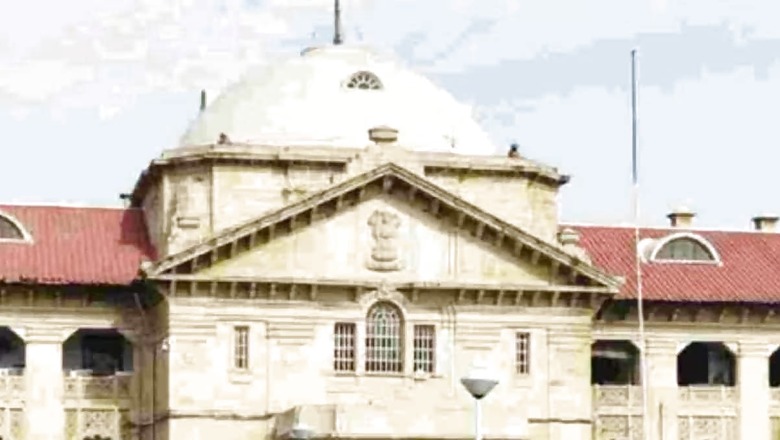
views
The Allahabad High Court (HC) recently quashed a dowry cruelty case filed by a woman against her husband and his relatives. The court found that the allegations were vague and insufficient, focusing primarily on the claim that the husband and his family had pressured the woman to obtain Rs 2 lakh from her parents to start a business.
The bench of Justice Anish Kumar Gupta held that such a financial request did not constitute dowry under Section 498A of the IPC or Sections 3/4 of the Dowry Prohibition Act. “The demand of money as alleged in the instant F.I.R. for carrying out a business by the husband from his in-laws would not come within the ambit of dowry,” the court said.
The court further noted that the other claims made by the woman were general, vague and inconsistent on the basis of which the husband and his relatives could not be permitted to be harassed. Consequently, the court deemed the case as an attempt at malicious prosecution and dismissed the entire case proceedings.
The order was passed in a plea moved by the husband and his relatives under Section 482 CrPC to quash the case registered against them at Fajalganj police station in Kanpur Nagar district of Uttar Pradesh under Sections 498A, 323, 504, 506 of the IPC and 3/4 of the Dowry Prohibition Act, 1961.
The couple got married in 2012. Five years later, the woman filed the First Information Report (FIR) against 11 persons, which included her husband, father-in-law, mother-in-law, brothers-in-law and sisters-in-laws.
In the FIR, the woman stated that although her family had spent a sum of around Rs 8 lakh, which included the jewellery and gift items, her husband and his family members kept torturing her and demanded more money. She alleged that she was told that unless she brought Rs 2 lakh from her parents, she would be tortured. She also claimed that amid this torture, she miscarried her pregnancy once. She lost her mother who could not bear all the pressure from the accused persons, she said, adding that when she heard her in-laws were conspiring to kill her, she lodged the FIR.
The counsel for the accused submitted that during the statement recording when questioned by the Investigation Officer, the woman was initially vague about whether all 11 people named in the FIR lived together. When asked who abused her over dowry demands, she specifically named her husband and his siblings. However, she clarified that these individuals lived separately and did not share the same kitchen.
Further, on a query about the injuries sustained by her during such torture and harassment, the woman could not produce any medical certificates.
Regarding the demand for money, the counsel for the husband and his family argued that as the husband’s family members were living separately, they could not benefit from such money. At the most, the husband would have been benefited out of any such amount, if paid by the parents of the woman, the counsel said.
To decide the case, court referred to the top court’s ruling in Geeta Mehrotra v. State of U.P., (2012), R.P. Kapur v. State of Punjab (1960), Bhajan Lal case of 1992, Preeti Gupta vs. State of Jharkhand (2010) and Achin Gupta vs. State of Haryana and Another (2024) and held that it was a fit case to exercise its power under Section 482 CrPC.












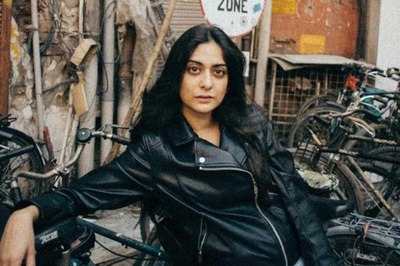

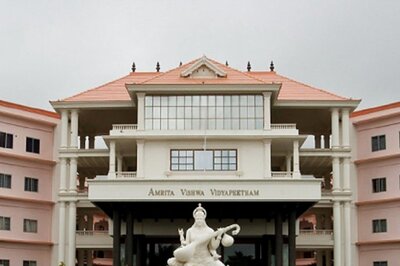



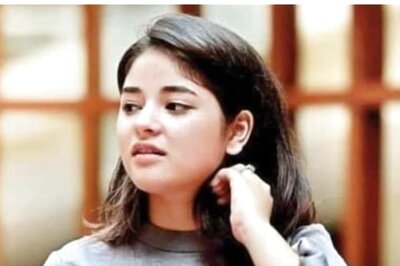
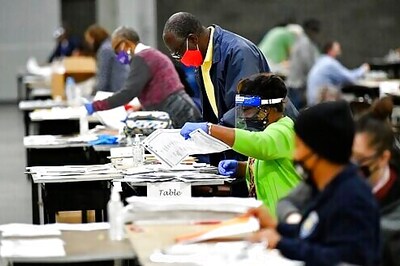
Comments
0 comment